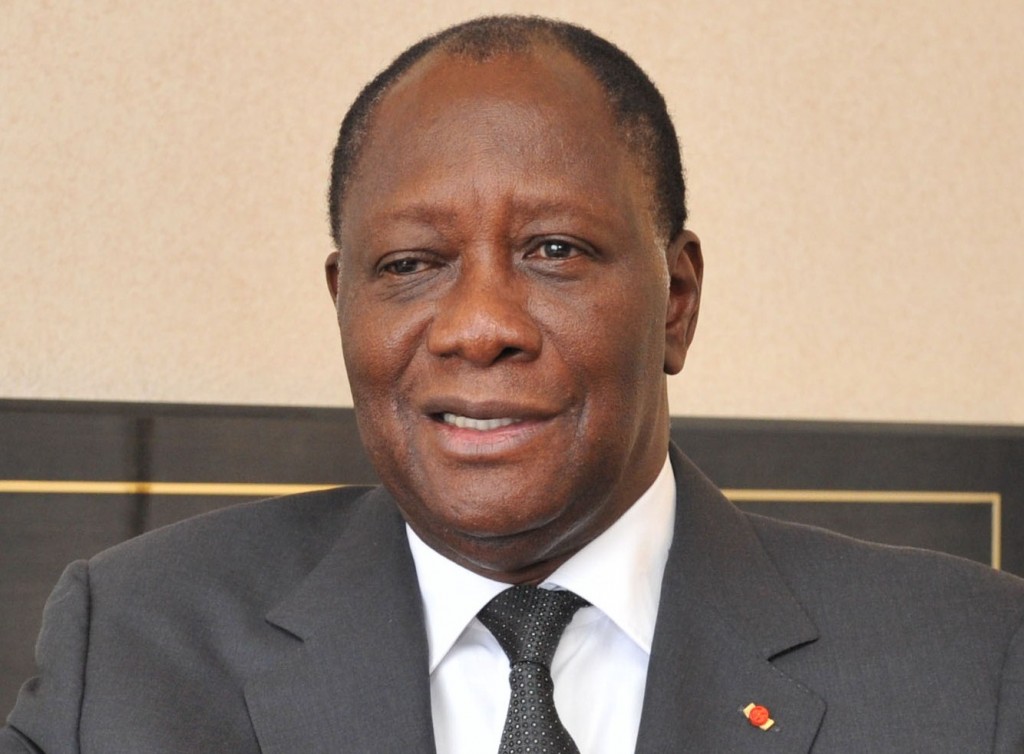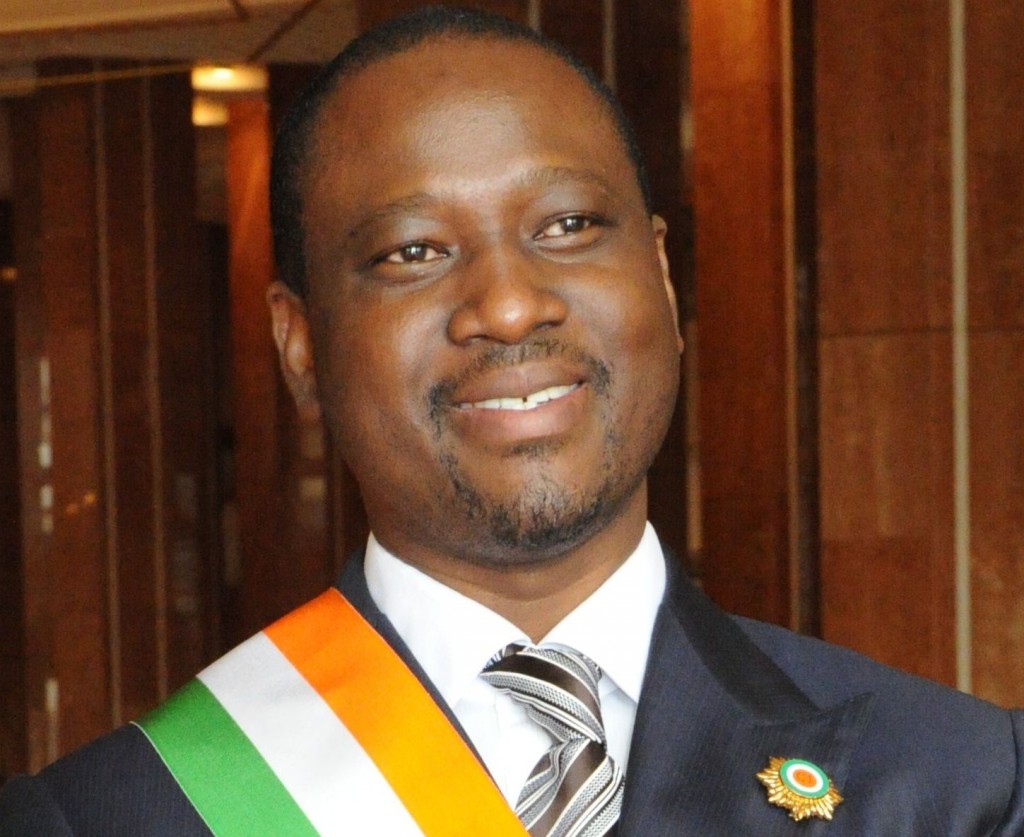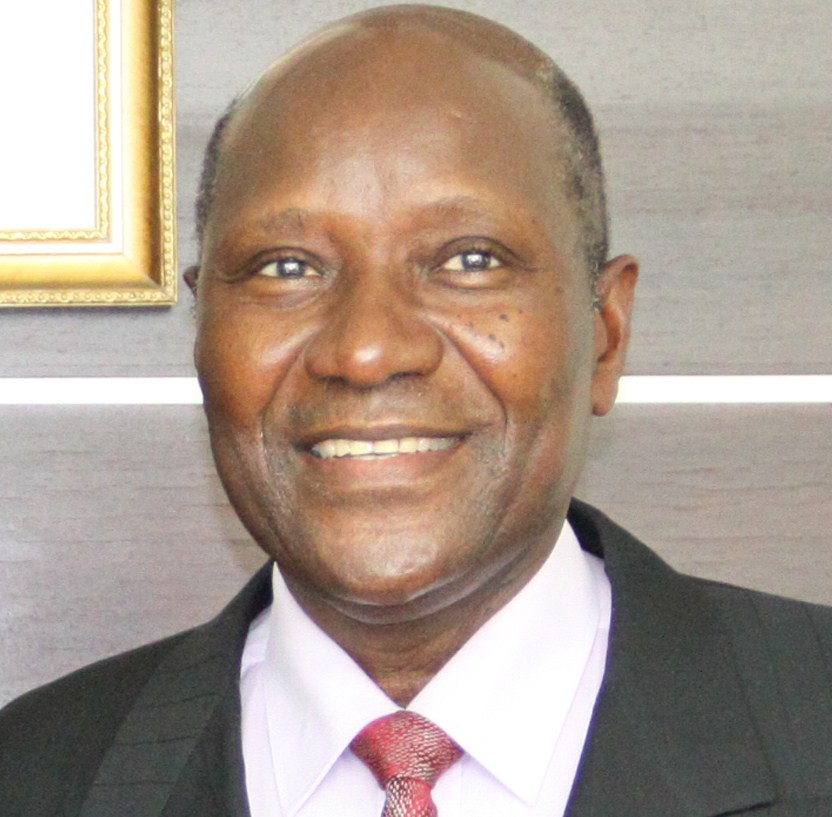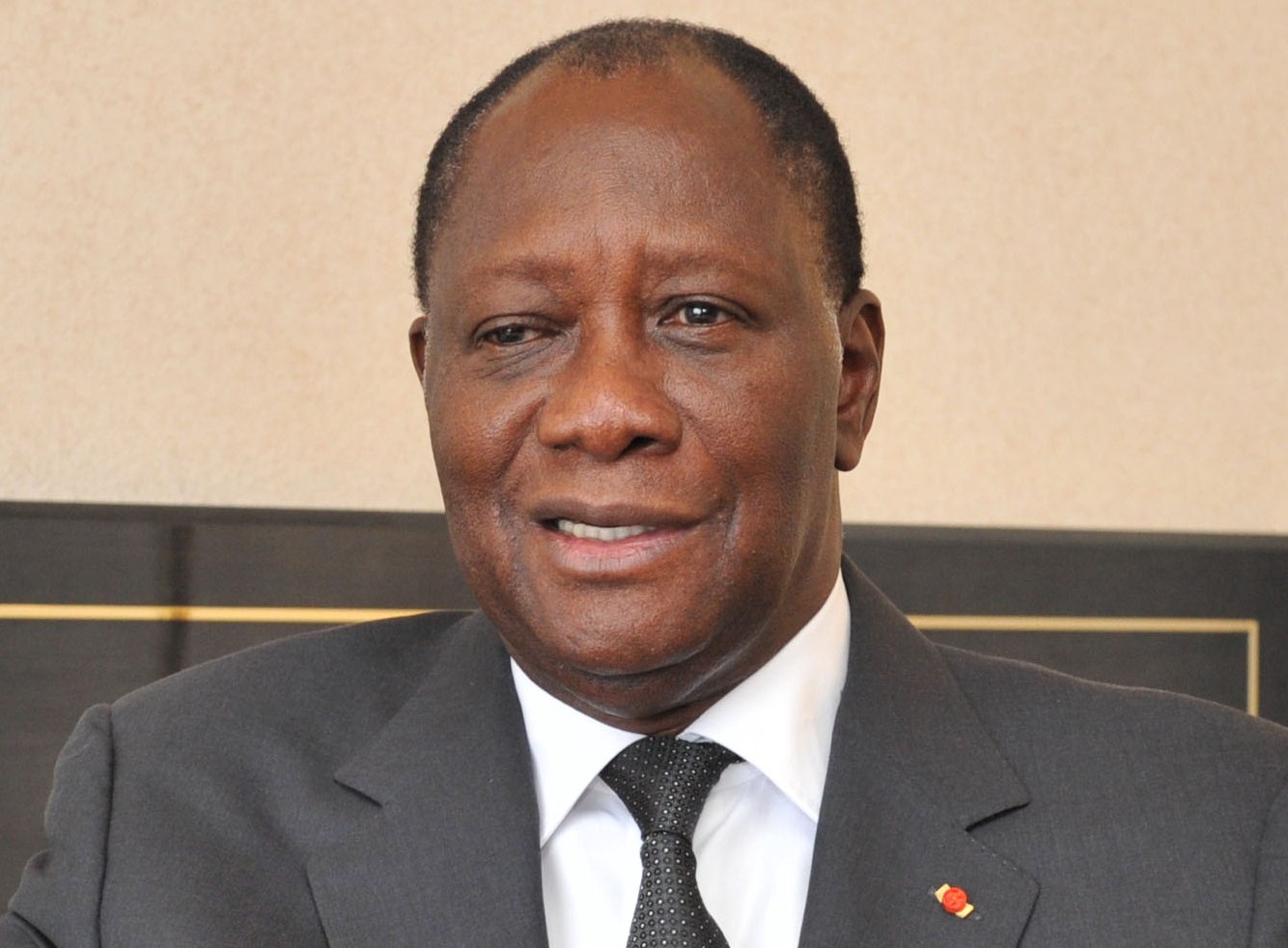The stage is set for a new presidential election in Cote d’Ivoire

BY PETER SESAY
More than six thousand delegates of Cote d’Ivoire’s ruling party, the Rally of the Republicans (RDR), on Sunday, March 22 nominated their party’s leader, President Alassane D. Ouattara, 73, as their candidate for the presidential election scheduled in October. If re-elected, Ouattara, a fine product of the International Monetary Fund who worked his way from entry-level economist to the position of the institution’s deputy managing director, is expected to build on the impressive economic results of his first term while continuing to heal the Ivorian nation shattered by more than a decade of ethno-political division.
“Today, more than yesterday, we need to come together to build our motherland. That is the challenge facing our generation that has the duty to carry Cote d’Ivoire all the way to the new frontiers of development and prosperity,” President Ouattara said in his inaugural speech on May 21, 2011, adding: “Therefore, like great peoples do, we shall come together and walk together again.” The president’s call for unity was warranted by the protracted post-election violence that shook the country to its roots, leading to a quasi-civil war that claimed more than 3,000 lives. That as a result of former president Laurent Gbagbo’s stubborn reluctance to relinquish power despite unequivocally losing the November 28, 2010 run-off election to Ouattara. While the Ouattara side received substantial help from the loosely-organized Forces Republicaines de Cote d’Ivoire, FRCI, of Guillaume Soro (a key local political leader who later became the speaker of the parliament), it took the involvement of leading world powers—with the United States in the lead—and working through the United Nations, to bomb Gbagbo out of the bunker in which he buried himself (and several innocent, reportedly starving children) at the presidential palace in Abidjan.

The protracted, bloody post-election dispute deprived Ouattara of five months of his five-year term that is not enough in itself to rebuild Cote d’Ivoire’s broken economy and reconcile her sons and daughters with themselves. During a trip to Japan in June 2013, the president told the French news agency AFP: “I found a totally ruined, devastated country that needed, and still needs to be rebuilt. I made it clear that I wasn’t sure I could finish the job in the time span I am left with, and that I will probably seek a second mandate.”
The first step in that process was taken on March 22 at the Palais des Sports in Abidjan when 6,000 delegates nominated Ouattara to seek a second term while an estimated 10,000 waited outside to show their respect and support for a leader most hold in very high regards. “For me, ADO (the initials for Alassane Dramane Ouattara used by many to refer to the president) is the messiah, the only man today capable of steering our country toward prosperity,” Moussa Koné, a jubilant mid-career civil servant wearing a colorful shirt with Ouattara’s effigy, told The African.
President Ouattara is working against the self-imposed target date of 2020 to turn Cote d’Ivoire into an emerging nation (like countries such as Brazil and South Korea with robust economies). While such claim is becoming increasingly popular among African heads of state without translating into economic reality, Ouattara already has concrete results to back his ambition.
Despite the unfavorable social climate inherited by his administration, Cote d’Ivoire’s economy enjoyed an impressive 9% annual growth rate between 2012 and 2014. The majestic Henri Konan Bédié Bridge, which was inaugurated on December 16, 2014, links the northern and southern sections of the busy, congested economic capital, Abidjan. An old project dating back to 1999 under President Henri Konan Bédié, this expressway worthy of modern megacities suffered a setback in the aftermath of the 1999 coup that toppled Mr. Bédié. So the Ouattara administration wasted no time in relaunching it. It came as no surprise that the bridge was named after the former president, who also became a valuable ally for Ouattara during the 2010 election.

Equally crucial to the nation’s development is the restoration of peace after more than a decade-long bitter ethno-political division. One of the first challenges faced by the new administration in 2011—and still on-and-off thereafter—was how to bring under control the loosely-organized Forces Républicaines de Cote d’Ivoire, FRCI, that fought the ground war for the demise of the Gbagbo’s regime. As expected, the FRCI forces have clashed several times with the regular armed forces. What to do with the thousands of soldiers of Gbagbo’s Bété ethnic group that he recruited after a 2002 coup attempt? How to address FRCI officers’ request to be incorporated into the regular army at the ranks they had in the “rebellious” FRCI? Those were some of the headaches of the newly-installed Ouattara government, which also had to tackle the larger national reconciliation process.
Thanks to an olive branch extended to members of the Gbagbo’s regime, all gradually came back home from exile. Due process is underway to prosecute a large number of them, but the Ouattara’s administration is criticized for its failure to bring to justice members of its own side that are guilty, in the eye of the public, of ill-doing during the bloody post-election fight. “It’s the justice of the winners,” the criticism goes.


